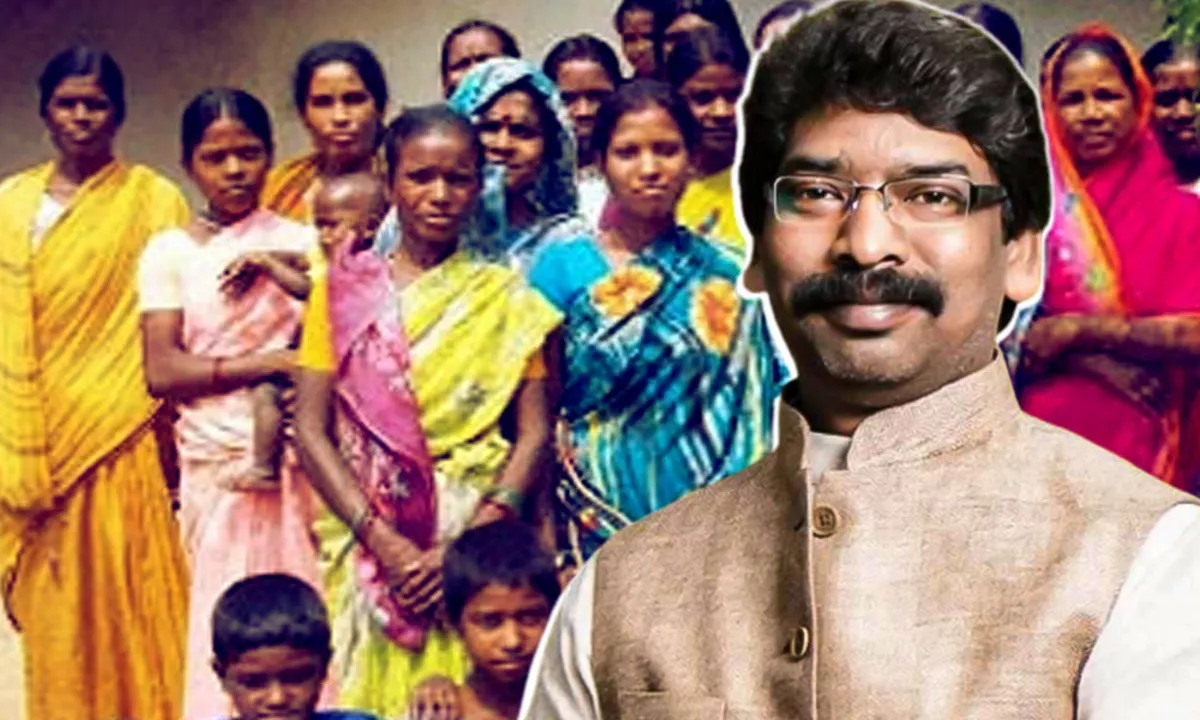Social Issues and Solutions: Alternatives for Women Selling Liquor in Jharkhand
I came across stories of women in Jharkhand selling liquor just to put food on the table. That choice shows how few options they have, not the worth of the women themselves. This page looks at clear, practical alternatives: ways to earn reliably, reduce harm, and build dignity without long policy speeches.
Practical income options
Start with small, low-cost activities that fit village life. Tailoring and stitching can begin from home with one sewing machine. Food-processing—like making pickles, chutneys, or packaged snacks—uses local produce and sells well at weekly markets. Poultry and dairy need modest investment and steady demand. Mushroom farming and beekeeping work on tiny plots and bring good returns if someone helps connect to buyers. Handicrafts or simple woven goods can reach city buyers through local NGOs or online marketplaces once someone helps with packaging and photos.
Micro-enterprises need three simple things: a short skills course, a small loan, and a buyer. Skills training can be 10–30 days long and focus on quality and consistency, not fancy theory. Microcredit can come from self-help groups (SHGs) or local community banks. Finding a steady buyer—another SHG, a cooperative, or a town shop—turns irregular earnings into predictable income.
How communities and policy can help
Self-help groups matter. When women save together, they gain bargaining power and can borrow at low rates. SHGs also make it easier to get government benefits and training programs. Local NGOs can run market days where several groups sell together, attracting customers and lowering costs for transport and packaging.
Counseling and addiction support must go alongside livelihood work. If alcohol is both a product and a community issue, offering counseling, women's support circles, and family mediation reduces pressure to return to old habits. Sensitizing local officials and police prevents harassment and protects women who switch livelihoods.
Practical steps for immediate impact: organize a short local skills camp, help form or link to an SHG, arrange a weekend market in the nearest town, and create a simple buyer list for each group. Use basic smartphones and WhatsApp to share photos and prices—marketing doesn’t need high tech, just regular effort.
Programs work faster when they respect women’s time. Offer childcare during training, schedule sessions after field work, and provide small starter kits so a woman can begin earning from day one. Track progress with simple targets: first month sales, repeat customers, and savings growth.
If you want to help: support local SHGs, donate starter kits to a training center, or volunteer time for market connections. Small, practical moves change livelihoods faster than promises alone. These are solutions that can free women from risky choices and build stable, respected work in Jharkhand’s villages.

In Jharkhand, women selling liquor to feed family have way out?
In Jharkhand, I came across an intriguing situation where women have resorted to selling liquor in order to provide for their families. It's a tough choice for these women, who are often faced with financial difficulties and limited job opportunities. However, there seems to be a glimmer of hope for them as various initiatives are being introduced to provide alternative livelihoods. Programs focusing on skills training and self-help groups are being implemented to empower these women and help them break free from the shackles of alcohol sales. While it's still a long road ahead, it's heartening to see that there are efforts being made to improve the lives of these women and their families.